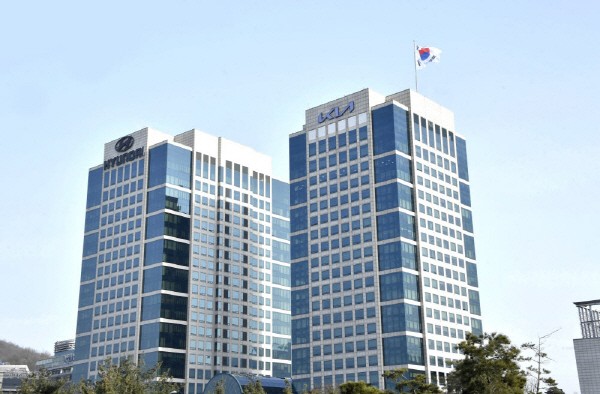Hyundai Motor Group selected Sejong Industrial, Seoyon E-hwa, and Duckyang Industrial following Sebang Battery as suppliers of battery packs for electric vehicles. All of these are Hyundai Motor Group's long-standing parts supply partners.
Through this partnership, Hyundai Motor Group has secured the capacity of battery system supply for about 600,000 electric vehicles in Korea alone. To transition into the ear of electrification, Hyundai Motor Company sets out to prepare for the future vehicle era together by inducing changes in the constitution of existing suppliers, focusing on internal combustion locomotives.

According to the industry on June 30, Hyundai Motor Group signed a supply contract with a consortium of Sejong Industrial, Seoyon E-hwa, and Duckyang Industrial last week in the selection of manufacturers and producers of Electric Vehicle Battery Module Assembly (BMA) for tier 1 suppliers. It is the second time that Hyundai Motor Company has selected BMA business partners after Sebang Global Battery in February.
This consortium will be supplying a maximum of 200,000 battery units per year to Hyundai Motor Group in the future.
They will produce electric vehicle battery packs in two types: a general battery system with 29 modules and a constant-speed battery product with 42 modules. To this end, the consortium plans to establish a joint venture (JV) and increase its expertise as a battery pack company. Sejong Industrial and Seoyon E-hwa are most likely to lead the shares of JV. At least two lines will be built for the facility, and the plant site is not yet known to the outside world.
The battery pack factory is scheduled to start operation next year and manufacture and produce modules and packs based on lithium-ion secondary batteries. LG Energy Solutions and SK Innovation’s products will be mainly used for battery cells, and Hyundai Mobis will systemize the BMS (Battery Management System).
So far, Hyundai Motor Group has been supplied with large-capacity battery modules and packs for electric vehicles produced by HL Green Power, a joint venture of Hyundai Mobis and LG Energy Solutions, through Hyundai Mobis only. But as Hyundai Motor Group's electrification lineup and production volume gradually increase, it is inducing existing primary suppliers to improve their constitution by ordering electrified parts such as battery systems.
Sejong Industrial specializes in converters that purify exhaust gases and mufflers that reduce noise and vibration, Seoyon E-hwa in vehicle interior products, seats, and electronic products, and Duckyang Industrial is devoted to automobile interior parts.
In addition to the existing battery system supply lines from Hyundai Mobis (150,000 units) and HL Green Power (100,000 units), Hyundai Motor Group has secured a supply of 600,000 units within 1 to 2 years by adding a consortium of Sejong Industrial, Seoyon E-hwa, and Duckyang Industrial following Sebang Global Battery.
"To minimize risks in the electrification era, we have been selected as a BMA partner of a new consortium formed. We will enhance our specialty by establishing a joint venture for the consortium companies," said an official from a supplier.
Meanwhile, Hyundai Motor plans to increase the proportion of EV sales in the global market to 10% by launching a total of 12 types of electric vehicles by 2025 and selling 560,000 units a year. Kia also plans to build a full lineup of 11 electric vehicles, including 7 electric vehicles and 4 derivative electric vehicles, with the goal of producing 580,000 electric vehicles by 2026.
By Staff Reporters Tae-jun Park (gaius@etnews.com) and Tae-woong Ryu (bigheroryu@etnews.com)